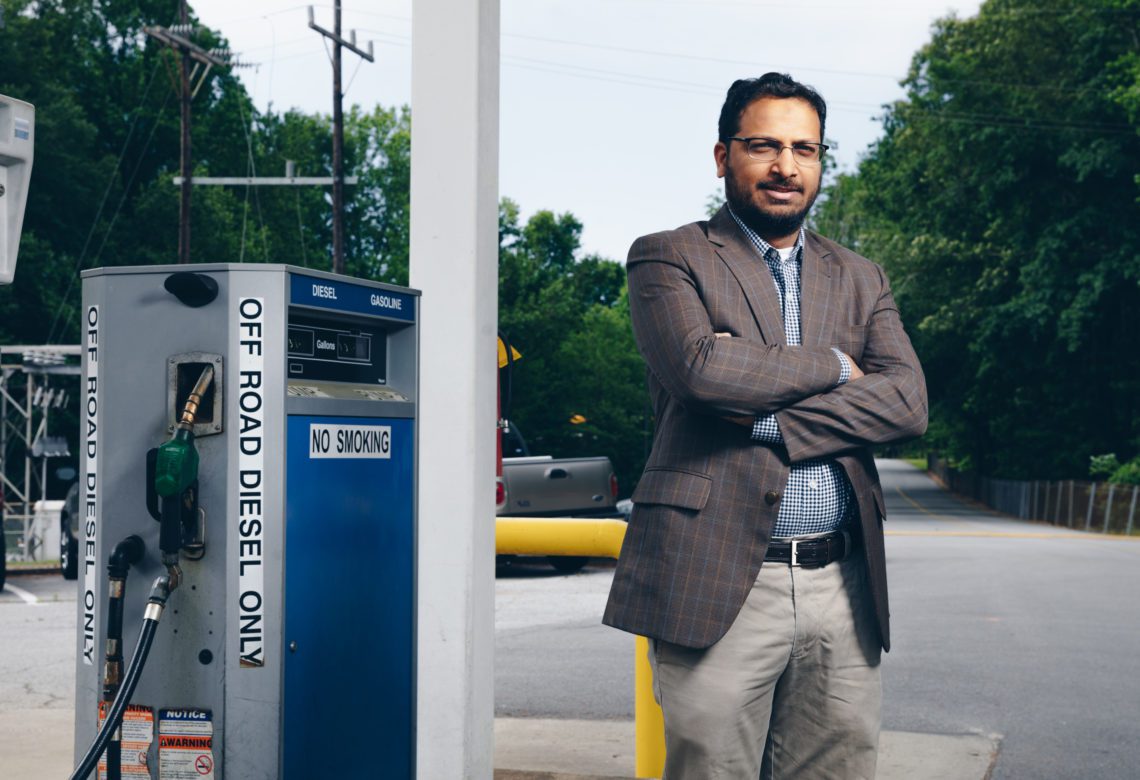Furman professor: Raising gas taxes could create savings

How do you give people incentives to make choices that are good for the environment? Specifically, how do you persuade motorists to drive cars that don’t spew excessive amounts of carbon dioxide into the atmosphere?
These are questions that economist Taha Kasim has grappled with during his career. The Furman professor’s recent study concluded that the most productive way to increase the number of fuel-efficient cars on the road is perhaps one of the least popular ways.
Raise gas taxes.
“Of course, gas taxes are not politically favorable,” Kasim said.
Before the concept of higher gas taxes is ruled out completely, Kasim makes several points that suggest it may not as unpalatable a concept as assumed.
For one, if a state raises gas taxes, the citizens of that state do not bear the full cost of the higher tax. In South Carolina, which has one of the lowest gas taxes in the U.S. at 20.75 cents per gallon, travelers passing through the state contribute a substantial percentage of the revenue derived from gas taxes.
Then there’s the argument that higher gas taxes would achieve the desired outcome. Kasim’s study found that if gas prices rise by an average of 50 cents per gallon and all the households that drive the most miles per year choose the most fuel-efficient cars, it would generate $1.7 billion in yearly savings from avoided air pollution.
Air pollution, of course, has high costs associated with it, as well. It has been shown to cause a wide range of health problems, including cardiovascular disease, asthma and cancer, according to the Environmental Defense Fund.
“Higher gas taxes create incentives for the polluter to get into a more efficient car,” Kasim said.
There’s an added benefit: higher gas prices would cause people to drive less overall in order to avoid to the higher expense of doing so, which also would generate less air pollution.
When Kasim presents his study, he has noticed that some attendees initially resist the idea of higher taxes but then come around to it.
“When I’ve presented this, people are typically surprised, and they do like the idea,” he said.
Kasim first started working on the connection between gas taxes and air pollution while getting his doctorate at Georgia State University. A native of Pakistan, the economist was intrigued by the concept of how humans sort themselves in society, a concept that can be applied to the decisions we make about many different life events.
“People sort themselves into better neighborhoods to enjoy superior schools,” Kasim said. “People sort themselves into fuel-efficient cars.”